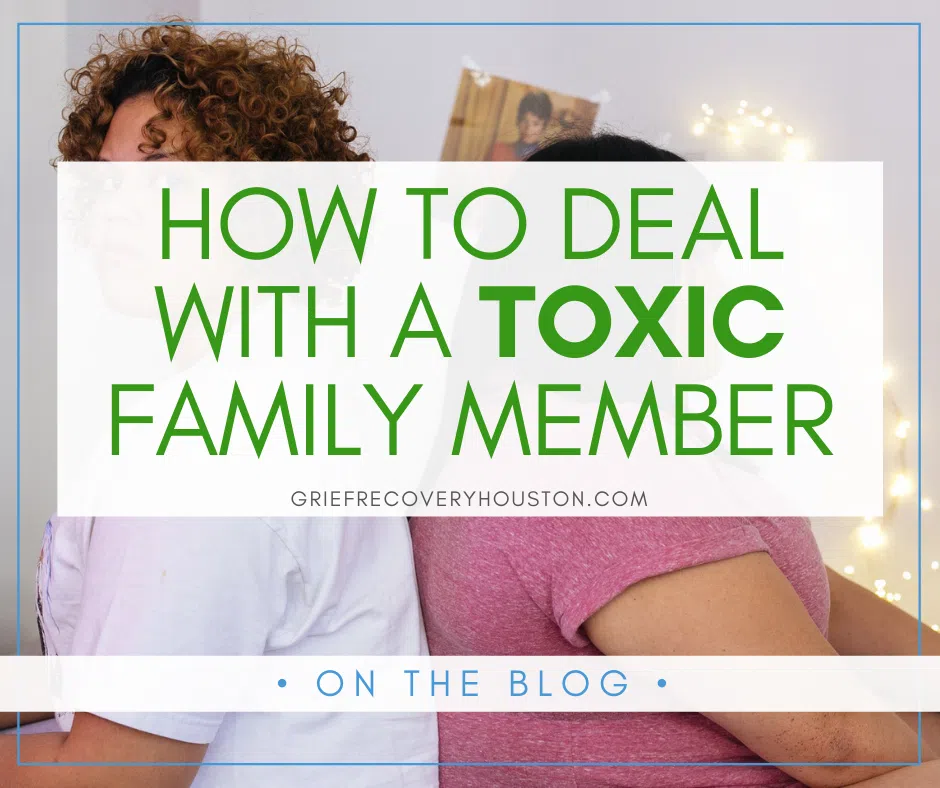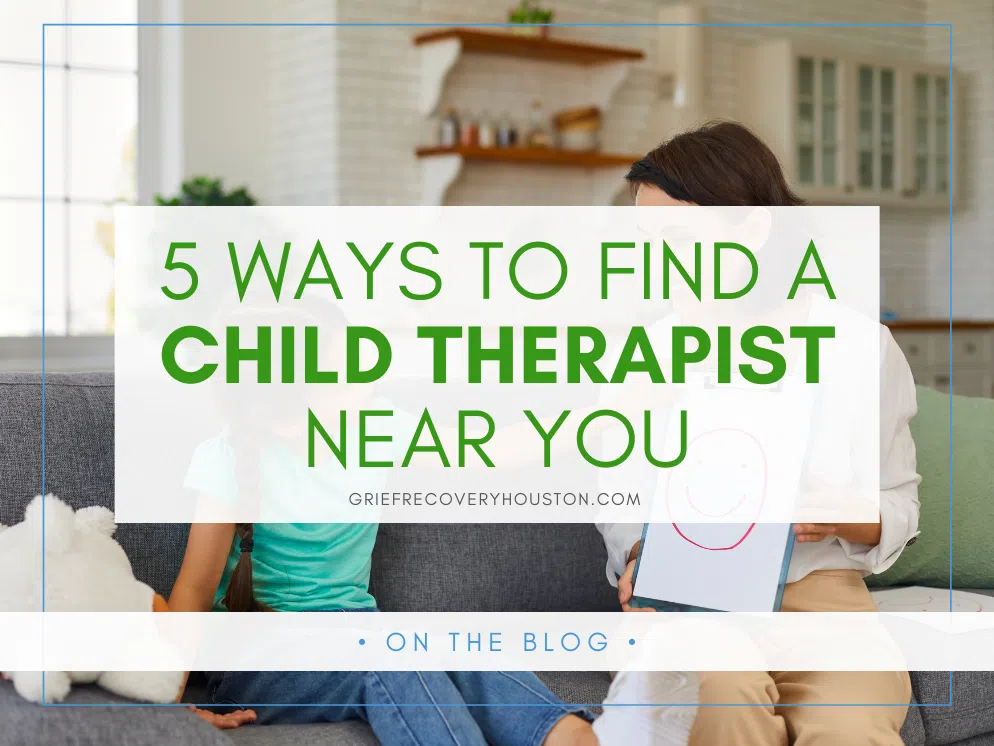- Unpacking Grief and Disability - July 8, 2024
- Breaking the Stigma: 5 Blogs to Better Understand Suicide - May 21, 2024
- 4 Tips for Better Sleep Hygiene - March 4, 2024
 Pregnancy and the postpartum period are times of major change. After the birth of a baby, new parents have to learn how to adjust to the routines of a new baby on top of the regular demands of life. Many new parents expect to deal with these changes, but other changes can be more surprising, like changes in your mental health postpartum such as postpartum depression, or PPD.
Pregnancy and the postpartum period are times of major change. After the birth of a baby, new parents have to learn how to adjust to the routines of a new baby on top of the regular demands of life. Many new parents expect to deal with these changes, but other changes can be more surprising, like changes in your mental health postpartum such as postpartum depression, or PPD.
There’s often an idea that pregnancy and the newborn period are times of bliss, which can make it harder for people who are struggling after birth to seek help. Postpartum mental health issues have nothing to do with how much you love your baby, but for new parents it can be a source of shame. Many are afraid that it will seem like they don’t love their baby if they are struggling with depression during pregnancy or after birth, or think that their struggle means that they are a bad parent. This couldn’t be further from the truth.
Mental health conditions that can occur after birth include postpartum depression, postpartum anxiety, and postpartum psychosis. Postpartum depression and anxiety are actually the most common complications of childbirth. While these may sound scary, it’s important to know that these conditions are very treatable.
What is postpartum depression?
Postpartum depression is a type of depression that develops within a year of having a child.
Around 1 in 7 new parents experience postpartum depression (PPD), although some groups experience higher rates of PPD than others, like folks dealing with pregnancy complications. Birthing people who experience postpartum depression with one pregnancy are more likely to experience it with subsequent pregnancies as well. Postpartum depression often presents within a few weeks of delivery though it may develop up to 12 months postpartum. The symptoms of PPD are very similar to the common symptoms of depression.
Symptoms of PPD include:
- Persistent feelings of sadness
- Frequent bouts of crying
- Irritability
- Struggling to bond with baby
- Lack of interest in baby
- Anxiety about baby
- Changes in appetite
- Trouble concentrating
- Thoughts of self-harm or suicide
- Thoughts of harming baby
 Many new parents experience what’s commonly known as the “baby blues” which can often seem similar to postpartum depression. Baby blues are more common, and about 50-75% of new parents experience baby blues. The symptoms of baby blues are less severe than the symptoms of PPD, which last weeks or months and typically go away without treatment in a couple of weeks after delivery.
Many new parents experience what’s commonly known as the “baby blues” which can often seem similar to postpartum depression. Baby blues are more common, and about 50-75% of new parents experience baby blues. The symptoms of baby blues are less severe than the symptoms of PPD, which last weeks or months and typically go away without treatment in a couple of weeks after delivery.
What causes postpartum depression?
The exact cause of PPD is unknown, but it appears to be influenced by a number of factors like genetics, hormone changes after birth, lack of sleep, life stress, a history of infertility, and lack of support systems. It’s important to note that none of these factors are your fault, and you’re not a bad parent for experiencing postpartum depression.
What can you do if you or your partner are experiencing postpartum depression?
Talk about it
While some new parents feel embarrassed to be dealing with depression after the birth of their baby, postpartum depression is actually fairly common. You are not alone in your experience, and keeping it to yourself will only make you feel worse. It’s important to confide in someone about what you’re going through so you can get support. Talk to your partner or someone in your family about how you’ve been feeling. If you’re not ready to talk to your loved ones, talk with your physician about what’s going on – they’ve helped new parents through this process many times and can help you find the help you need.
Ask for help from your support system
 They say it takes a village to raise a baby, but your village won’t always know how to support you unless you ask. In our culture we often feel we have to deal with everything independently or we’ve somehow failed, but in reality we are wired to exist in communities with others. It can feel strange or embarrassing asking for help, but part of being in community with others means supporting one another. It’s okay to ask for help.
They say it takes a village to raise a baby, but your village won’t always know how to support you unless you ask. In our culture we often feel we have to deal with everything independently or we’ve somehow failed, but in reality we are wired to exist in communities with others. It can feel strange or embarrassing asking for help, but part of being in community with others means supporting one another. It’s okay to ask for help.
Rest as much as possible
New parenthood is exhausting, and most new parents are sleep deprived. Healing from birth and adjusting to parenting a newborn takes a lot of energy, so make rest a major priority in the postpartum period. You will be better equipped to care for your baby when you’re rested, and you deserve to rest and heal. You’re not a bad parent for taking care of yourself – in fact, it’s incredible to model appropriate self-care for your children. In a world that encourages mothers to put everyone else first, taking care of yourself is revolutionary.
Don’t isolate yourself
When you’re depressed, it’s easy to pull away socially and isolate yourself because you’re no longer interested or have the energy. Sadly, this often makes things worse. It’s important to connect with others when you’re dealing with PPD. Try connecting with other parents, whether it’s in person or in online groups to remind yourself that you’re not alone in this experience. Talking to parents who are on the other side of postpartum depression can give you hope and practical tips for how to cope.
Get support from a professional
 The transition to new parenthood can be overwhelming. Major life transitions can bring up complicated feelings of joy, hope, fear, love, grief, awe, worry, and more. A therapist who understands the complexities of grief and the postpartum process can help you find support that is appropriate for your unique situation. Postpartum depression is scary but it is very treatable, as are other postpartum mental health disorders. Treatment may include a combination of things, including depression therapy and medication, and can make a world of difference for new parents coping with postpartum depression.
The transition to new parenthood can be overwhelming. Major life transitions can bring up complicated feelings of joy, hope, fear, love, grief, awe, worry, and more. A therapist who understands the complexities of grief and the postpartum process can help you find support that is appropriate for your unique situation. Postpartum depression is scary but it is very treatable, as are other postpartum mental health disorders. Treatment may include a combination of things, including depression therapy and medication, and can make a world of difference for new parents coping with postpartum depression.






No comments yet.